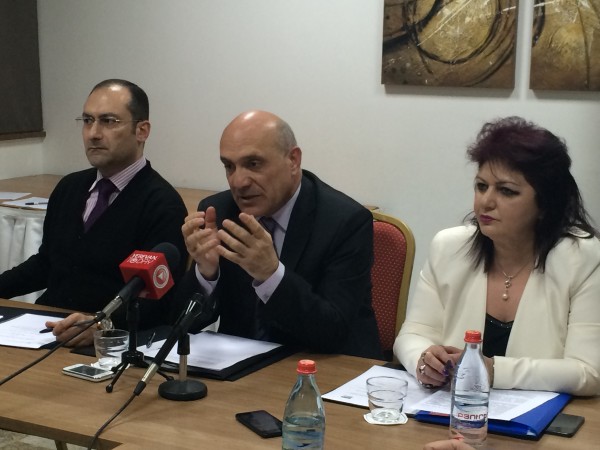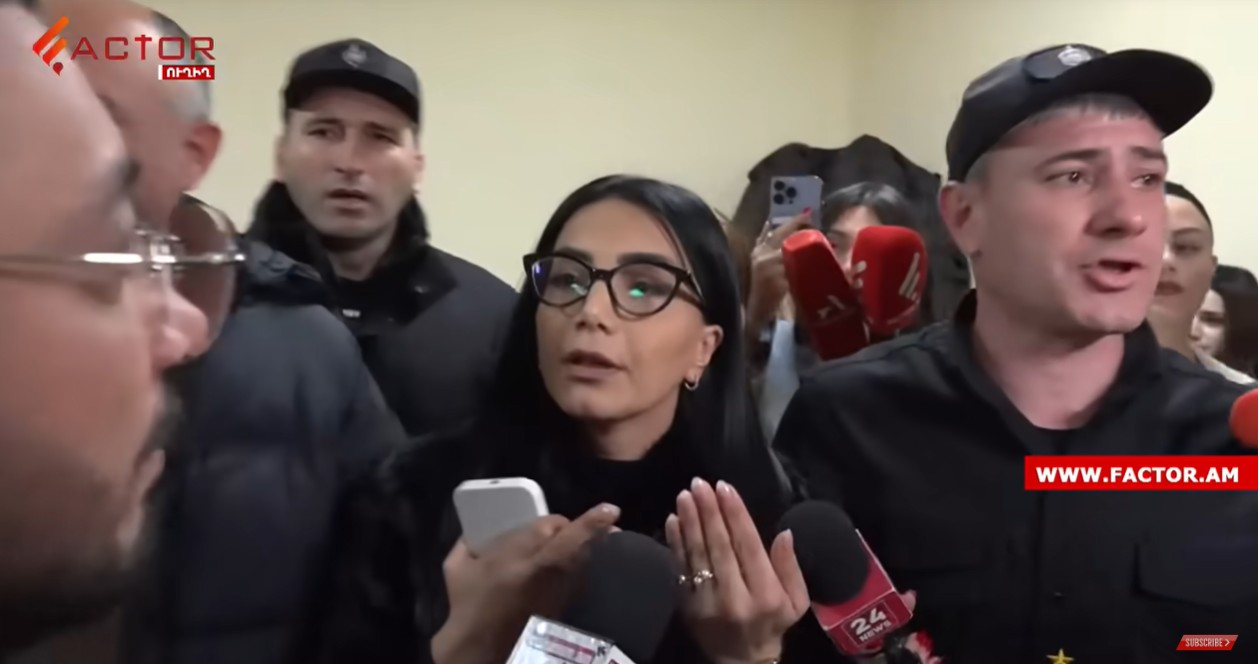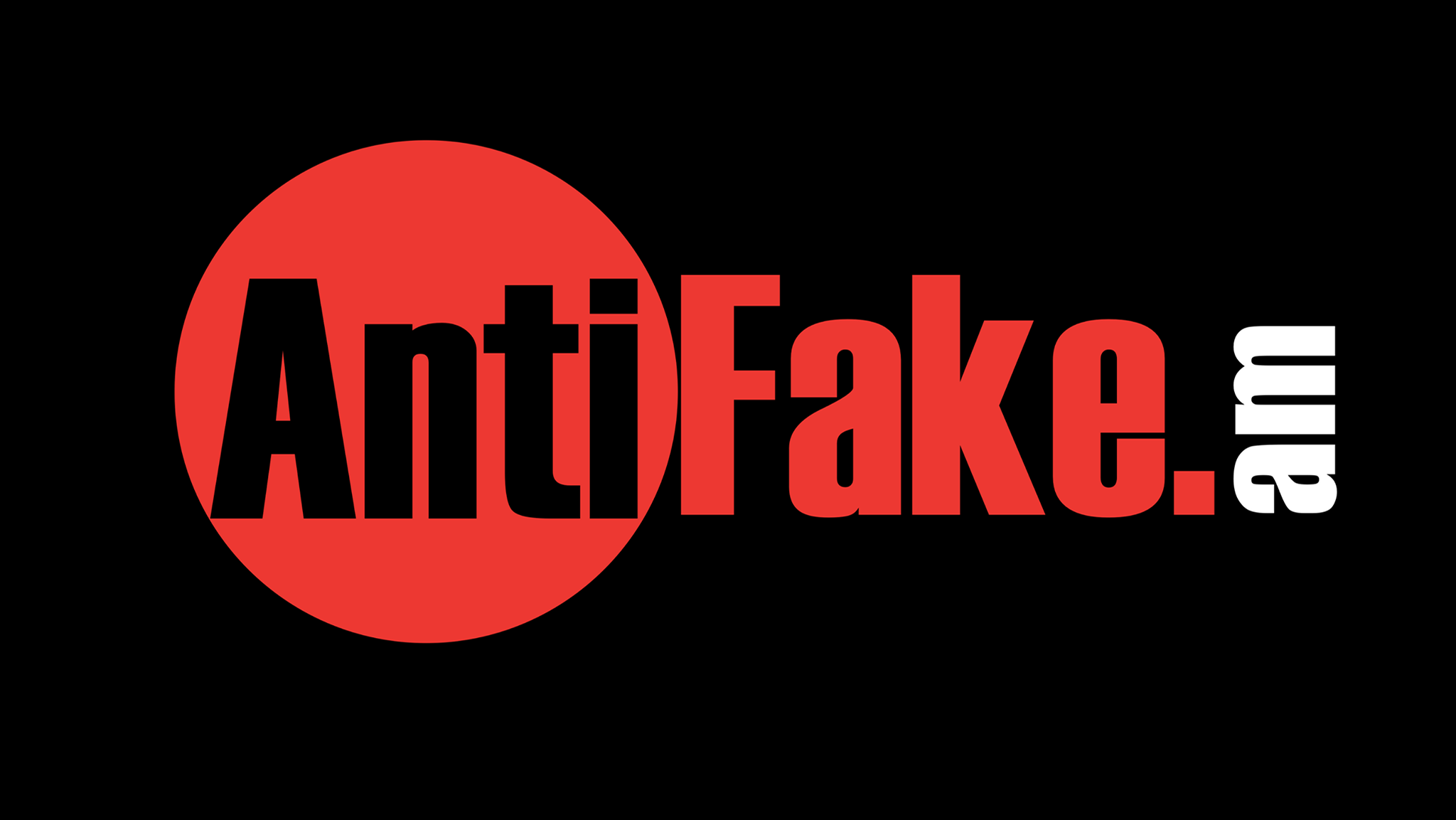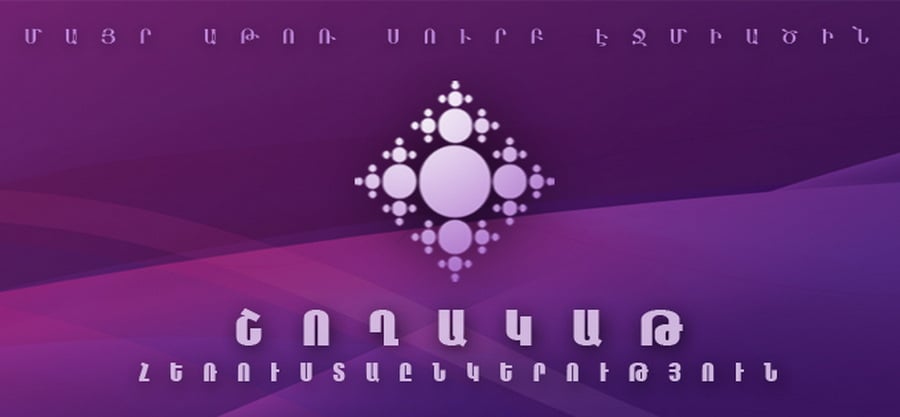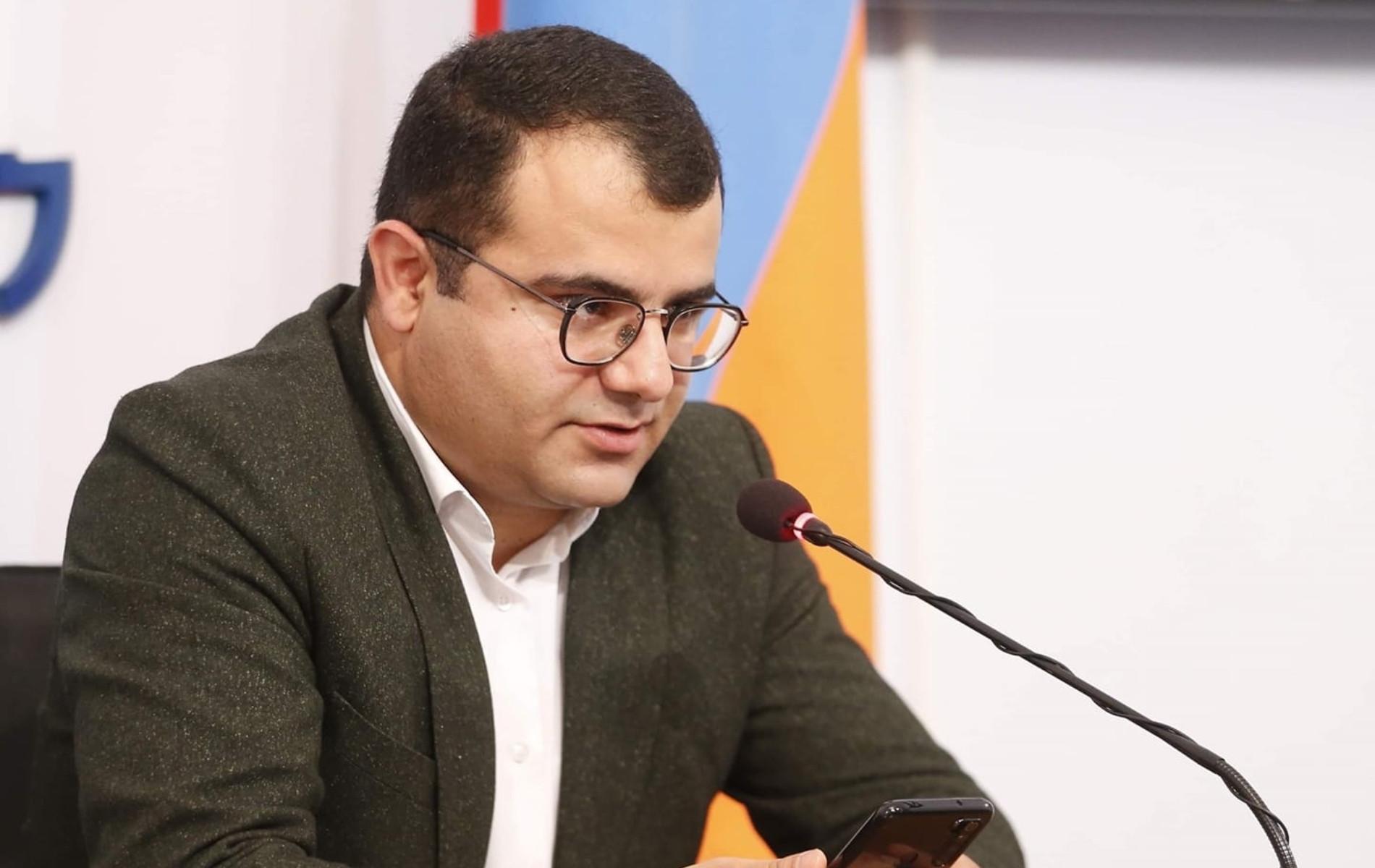 Committee to Protect Freedom of Expression, with the assistance of Friedrich Ebert Foundation, organized a round-table meeting on the topic “Protection of Sources of Information in Armenia: Legislation and Practice” on April 28 at the Congress Yerevan Hotel.
Committee to Protect Freedom of Expression, with the assistance of Friedrich Ebert Foundation, organized a round-table meeting on the topic “Protection of Sources of Information in Armenia: Legislation and Practice” on April 28 at the Congress Yerevan Hotel.
The event was attended by journalists, media experts, human rights activists, representatives of international organizations. In his opening remarks, the chair of CPFE Ashot Melikyan informed that the Committee starts a series of round-table meetings during which journalists will discuss a number of important issues, and solutions to them will be proposed.
“The topic of the first round-table meeting is especially urgent as an unexpected challenge occurred in 2014; a communiqué was posted on the website of the Prosecutor General’s Office informing that a journalist and the media will be held responsible for publishing information relating to investigations without an authorization, after which the law enforcement agencies went on to come up with frequent unlawful demands to the mass media to disclose the sources of information of their publications relating to different criminal cases. In addition, the judiciary did everything to make those inquiries legally binding,” Ashot Melikyan said.
The chair of Rule of Law NGO Artak Zeynalyan dwelled on the protection of sources of information, legal safeguards and dangerous precedents of their violations in Armenia. In particular, he highlighted a court case involving the Hraparak Daily and the website iLur.am which had been obligated to reveal the source of information of a publication on a criminal topic. Artak Zeynalyan noted that the courts, actually, ignored Article 5 of the Law on Dissemination of Mass Information which states: “The implementer of media activity or a journalist can be obligated to disclose the source of information by a court decision, in the course of a criminal proceeding with the aim of revealing grave or especially grave crimes if societal interest in law enforcement overweighs the societal interest in protecting the sources of information, and all other means to protect public interest are exhausted.”
The human rights activist said that the demand to reveal the source of information sets a serious challenge to the freedom of expression. Hence, he calls on the journalists to never give in to the demands of law enforcement agencies. “Disclosure of the source of information will have a negative impact not only on the source which has been identified but also the media because the latter’s reputation will be shattered for other potential sources. Non-disclosure of the source is not just the right but the duty of a journalist. With their persistence the journalists must educate the law enforcement bodies that they do not have the authority to present such demands to them,” Zeynalyan concluded.

